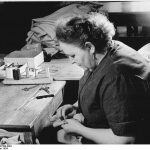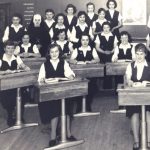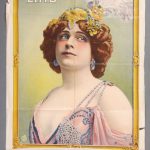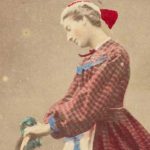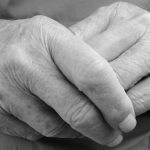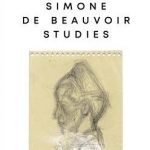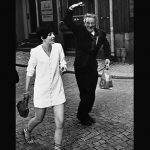 Project „Gendered Spaces: Multidimensional Walks in Urban History“ (Web)
Project „Gendered Spaces: Multidimensional Walks in Urban History“ (Web)
Time: 18.-19.11.2020
Venue: Stockholm City Museum
Proposals by: 17.08.2020
Heritage institutions are gateways to past eras, lost places and vanished experiences. Yet at the same time they embody power, permeated with the desire to classify the world. Today we stress the democratic dimension of what archives and collections can tell us, and who can access history. Collaboration between academies, archives and museums, along with wide-ranging digitalisation programmes and a growing awareness of lost perspectives, illustrate the opportunities and challenges we face when narrating urban history. How can we reach behind the scenes of the city?
As part of the project Gendered Spaces: Multidimensional Walks in Urban History the organizers invite to a dialogue on hidden and forgotten facets of the urban past, and on the art of uncovering and disseminating aspect of a problematic or proscribed nature.
- Keynote speaker: Beatriz Colomina (Princeton School of Architecture and Founding Director of the interdisciplinary Media and Modernity Program, Princeton University)
The organizers welcome proposals for papers and sessions that discuss new perspectives on urban spaces and different ways of researching collections and archives:
- Gender perspectives and the multidimensional layers of urban spaces
- Collaborations between researchers and cultural heritage institutions
- Metadata use and digitization as a way to make hidden history visible and searchable
- New ways to mediate the history of the city
- Samples of exciting unexplored material from archives and collections

